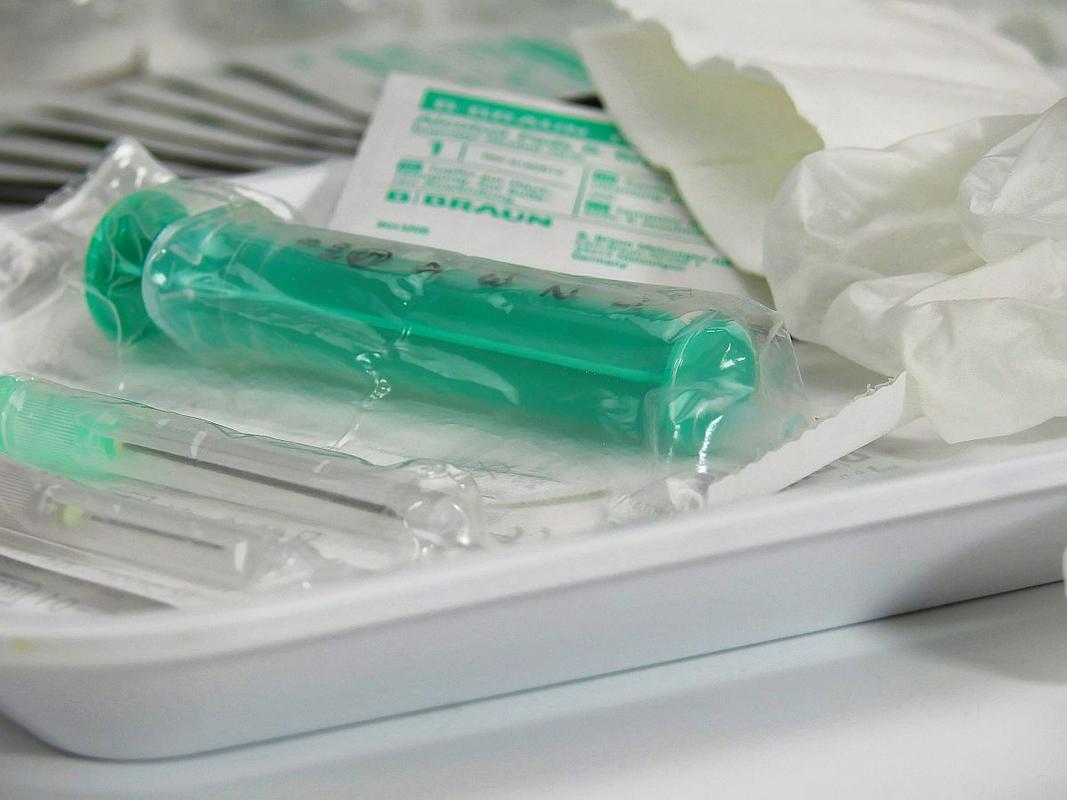
During Friday afternoon’s session of the strike committee, Konrad Kuštrin, head of FIDES, the strongest Slovenian doctors’ union, discussed the latest offer received from the government. According to Kuštrin, the government has only satisfactorily addressed demands regarding the variable part of doctors’ salaries: “In regard to other extremely important strike demands, we’re still far apart from each other,” the chief negotiator said, adding that these demands include the issue of workload standards and norms as well as changes to the pay system used for all public employees. The union sent a proposal for an agreement to the government and suggested negotiations over the weekend. If there is no consensus by Monday, strike measures will be tightened on Tuesday, FIDES warned initially. However, after receiving an invitation from the health ministry to negotiate on Monday, doctors agreed to participate.
Number of doctors sufficient by 2023
Health Minister Milojka Kolar Celarc responded on Friday evening, informing the public that the government would examine the agreement proposal sent on Friday afternoon by FIDES as soon as possible. The work would continue over the weekend and the continuation of negotiations would be announced shortly, she pointed out.
She also sent a letter to FIDES, stressing the ministry was aware of a shortage of doctors in Slovenia. “The ministry has been warning the government about this and FIDES knows it. We’ve found ourselves in this situation due to the past 20 years. This is nothing new!” she argued.
Kolar Celarc also urged the doctors’ union not to give ultimate but to adapt their demands and standpoints closer to the circumstances that are still acceptable under current financial and personnel capacities. She also reported a proposal regarding lifting the limit of the 57th pay group was also agreed between the ministries of finance, public administration and health, and was sent to FIDES.
The minister also noted that 1,831 new doctor specialists would enter the health care system by 2023, “which means there will be enough doctors”. “That’s why we proposed a variable system of work rewards, so that doctors will have more time per patient,” she claimed. “The government’s group of negotiators includes doctors who have determined that FIDES’ proposal of flexible rewards would require too much administrative work, which is why we offered a simpler solution. I don’t need to go to a hospital room to see what the health system in like, although I’ve only been a minister for two years. Unfortunately, this patient has not been treated for 20 years despite the fact that some people have been present in shaping the system for the entirety of these 20 years,” Kolar Celarc concluded.
Small progress at negotiations
On Thursday, government’s negotiators and representative of FIDES failed to achieve much progress. The government proposed that the upper pay bound, which would be lifted for doctors as well as comparable professions, would be sent into procedure by end of the year but FIDES found this unacceptably long. The government is thus expected to offer an earlier date. The two sides seem closer in agreement regarding workload standards and norms. FIDES also resorted to Twitter on Thursday, claiming that the third day of mild strike measures, which saw doctors not working past 8 hours per day, i.e. strictly adhering to the 40-hour workweek regulation, has laid bare all problems in the Slovenian health system. They also speculated that PM Miro Cerar was not well-informed about the state of the health care system.
Al. Ma., A. Č.; translated by K. Z.

































































